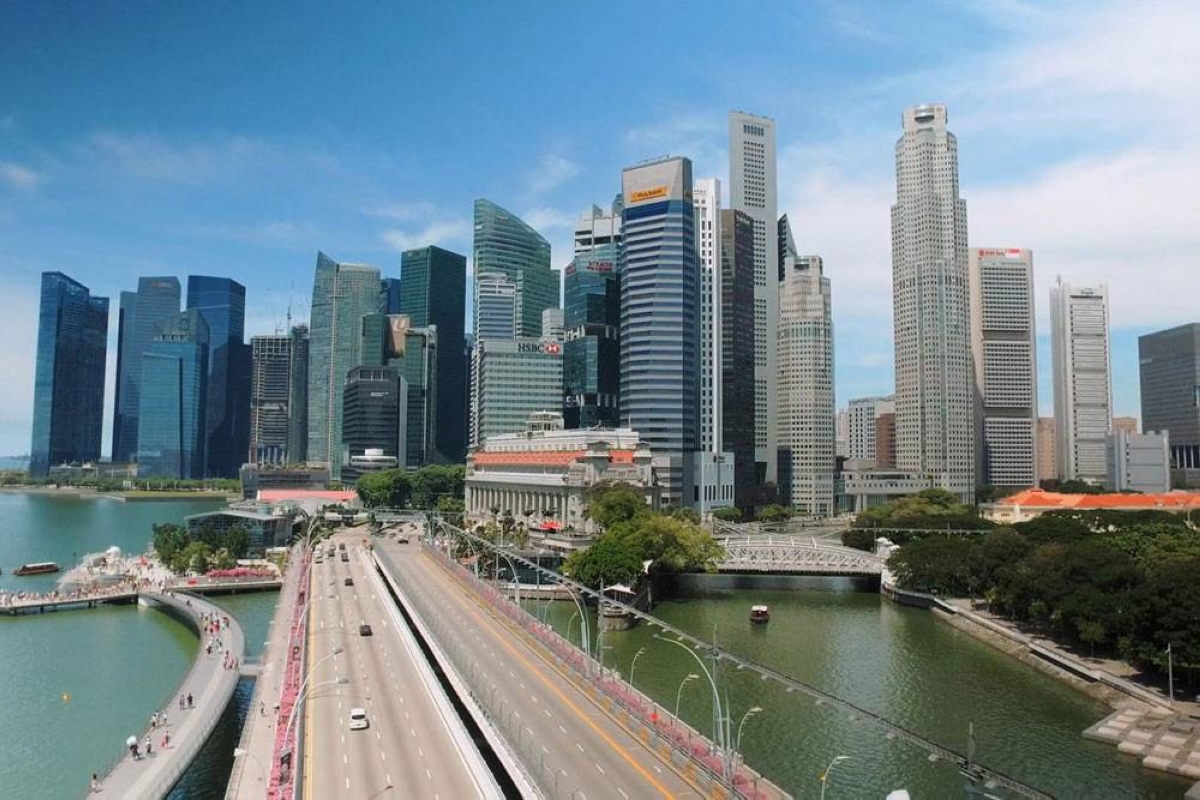Read this in The Manila Times digital edition.
Climate change is an existential threat for all of us, but especially for maritime nations such as the Philippines and Singapore. As a small, low-lying island state, Singapore is particularly vulnerable to the impacts of climate change such as sea level rise. Although Singapore accounts for only about 0.1 percent of global emissions, we have consistently pursued sustainable development to balance economic development with environmental protection and social inclusion.

Singapore Green Plan 2030
In 2021, we launched the Singapore Green Plan 2030, a sustainability road map that outlines our collective actions to tackle climate change, and commits Singapore to ambitious and concrete sectoral targets over the next ten years. It demonstrates our commitment to ensure Singapore remains a green and liveable home for many generations come. The Green Plan covers all dimensions of life in its five pillars - City in Nature; Energy Reset; Green Economy; Resilient Future; and Sustainable Living.
Since launching the Green Plan, Singapore has made good progress in our sustainability journey. In October 2022, Singapore committed to achieving net-zero emissions by 2050 as part of our Long-Term Emissions Development Strategy, as well as the reducing emissions to around 60 million tonnes of carbon dioxide equivalent in 2030.
Leveraging technology to advance our Singapore Green Plan
We are interested in low-carbon technologies that will help us achieve our net zero target. For instance, the Public Utilities Board (PUB) of Singapore has been actively replacing carbon-based energy sources with solar photovoltaic systems deployed on its facilities rooftops and reservoirs. We are also studying new technologies such as carbon capture, utilisation and storage, as well as carbon removal solutions that can be integrated with its water treatment facilities.

PUB is working with the University of California, Los Angeles (UCLA) to capture carbon dioxide in seawater and produce hydrogen, and a stream of pre-treated seawater that can be desalinated at lower energy.
Under the Low-Carbon Energy Research Funding Initiative, we have awarded S$55 million to projects aiming to improve the technoeconomic viability of low-carbon technologies such as hydrogen and carbon capture, utilisation and storage. We have set aside another S$129 million of research funding for the next phase of the Initiative.
International cooperation
International collaboration and partnerships are critical for small countries such as Singapore, with limited decarbonisation options. Our small land size and high population density means we are alternative energy disadvantaged.
Singapore works closely with other countries and plays an active role at various multilateral platforms such as the UN Framework Convention on Climate Change (UNFCCC) and the Intergovernmental Panel on Climate Change (IPCC).
Singapore is also committed to supporting developing countries in their efforts to address climate change through technical assistance such as our flagship Singapore Cooperation Programme (SCP). Over the last three decades, close to 150,000 officials have participated in courses under the SCP, in areas such as education, sustainable development, urban planning, and transport management.
With an abundance of natural resources and potential for renewable energy, the Philippines has emerged as a key partner for Singapore in our sustainability drive. We look forward to working with the Philippines to find solutions to our common challenges.


